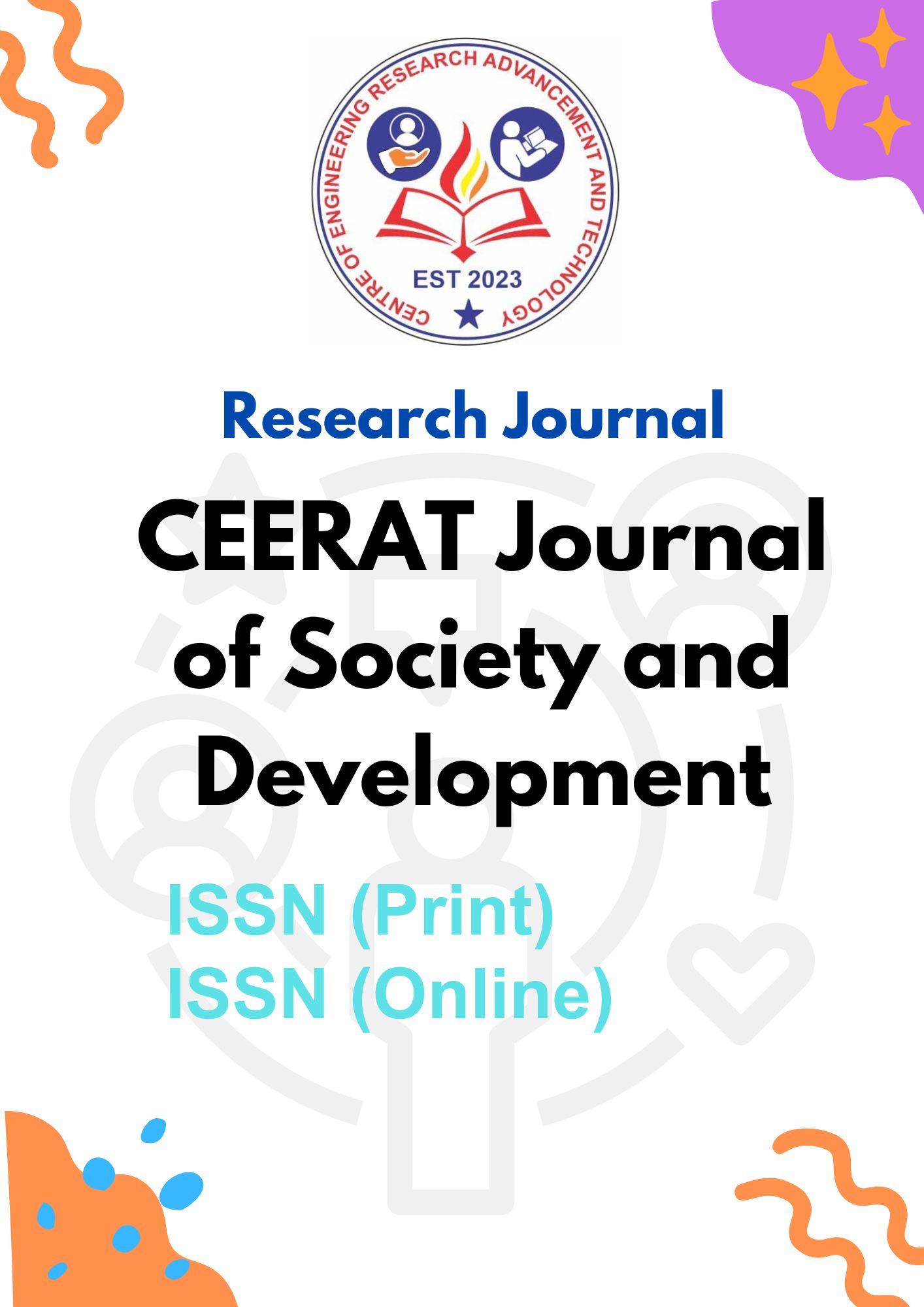Self-Regulation Association with Mental Health: A Study of Normal and Special Needs Students
Keywords:
Special Needs Students, Self-regulation, Mental Health, Psychological AdjustmentAbstract
This study examined the relationship between self-regulation, psychosocial adjustment, and mental health among university students with special needs. Utilizing a quantitative research design, the study involved a total of 120 participants, comprising 60 students with special needs and 60 typically developing (normal) students, selected through convenience sampling. Data were collected using a structured questionnaire from two institutions: Ghazi University, Dera Ghazi Khan (normal students) and the University of Management and Technology (UMT), Lahore (special needs students). Statistical analysis was conducted using SPSS version 21. The findings revealed a significant positive relationship between self-regulation and psychosocial adjustment difficulties. While no significant correlation was found between self-regulation and psychosocial adjustment components (emotional, social, and psychological well-being) among normal students, a significant and positive correlation was observed among students with special needs. Furthermore, self-regulation emerged as a significant positive predictor of mental health among the special needs group. The study concludes that self-regulation is closely linked to psychological wellbeing in students with special needs, highlighting the importance of fostering self-regulatory capacities to enhance mental health outcomes in this population.




